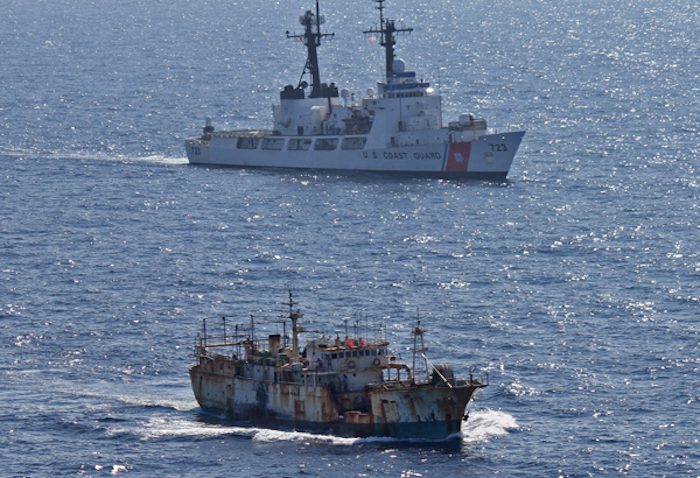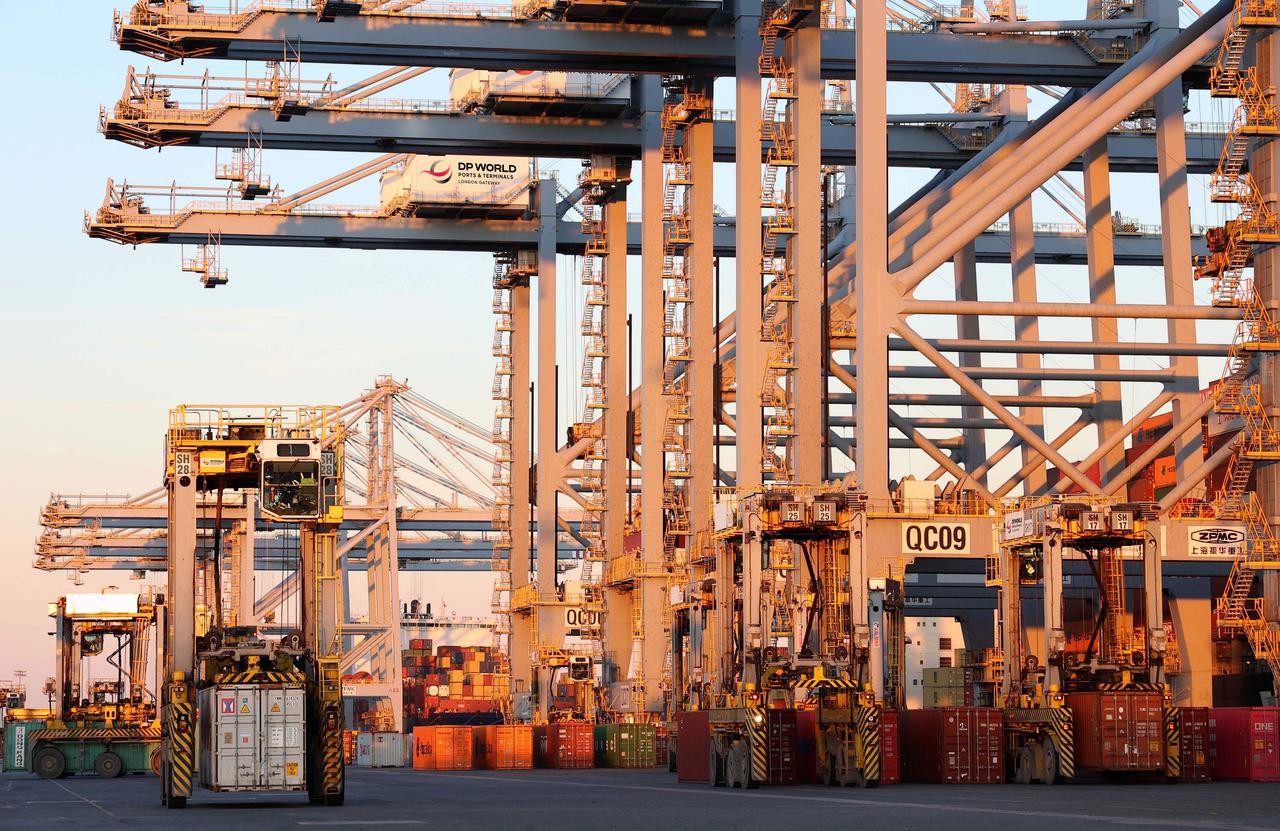File photo: U.S. Coast Guard

By Alister Doyle OSLO, Oct 6 (Reuters) – A coalition of insurance firms agreed on Friday to crack down on pirate fishing by banning coverage for trawlers whose illegal catches are worth at least $10 billion a year.
Firms would deny insurance for vessels on a European Union blacklist of ships involved in illegal, unregulated and unreported (IUU) fishing around the world. More than 100 vessels are on the current list.
Until now, legal loopholes in defining pirate fishing have sometimes enabled trawler owners to gain insurance for vessels that harm global fish stocks. The EU list gives a common benchmark for outlawing vessels.
More than 20 companies agreed the measures in a deal sponsored by Allianz Global Corporate & Specialty, AXA , Generali, Hanseatic Underwriters and the Shipowners’ Club. The plan was also backed by the United Nations.
“We will encourage the adoption of measures that help to reduce and eliminate IUU fishing,” they said in a statement released at an international conference on protecting the oceans in Malta.
They agreed to “not knowingly insure or facilitate the insuring of vessels that have been officially blacklisted for their involvement in IUU fishing.”
The statement included “knowingly” because some firms feared they might unwittingly insure a vessel that had recently changed its flag or name to disguise its pirate past.
Scientists have estimated that IUU fishing costs the global economy between $10 billion and $23.5 billion a year, or between 11 and 26 million tonnes of fish.
Dana Miller of Oceana, an international non-governmental group which works to protect the seas, said insurers would benefit from the guidelines. Owners of pirate trawlers sometimes scuppered vessels to make bogus insurance claims, she said.
European Union law already bars anyone in the bloc from supporting IUU fishing.
“Now the commitment is more global,” she told Reuters of Friday’s agreement, which is also part of a joint initiative by Oceana and the United Nations on sustainable marine insurance.
The EU blacklist is based on lists drawn up by regional fisheries management organizations worldwide, from the North Atlantic to waters around Antarctica.
Interpol also sometimes issues “purple notices” about pirate ships, but they are not publicly available. Among other measures, a 2016 U.N. agreement calls on countries to deny port entry for vessels that have been involved in IUU fishing. (Reporting by Alister Doyle; Editing by Keith Weir)
(c) Copyright Thomson Reuters 2017.

 Join The Club
Join The Club











